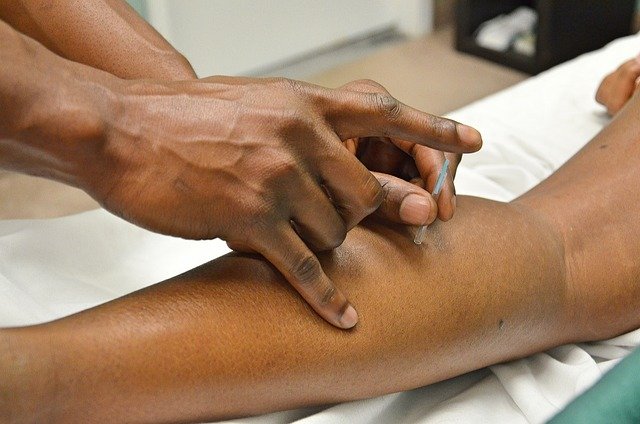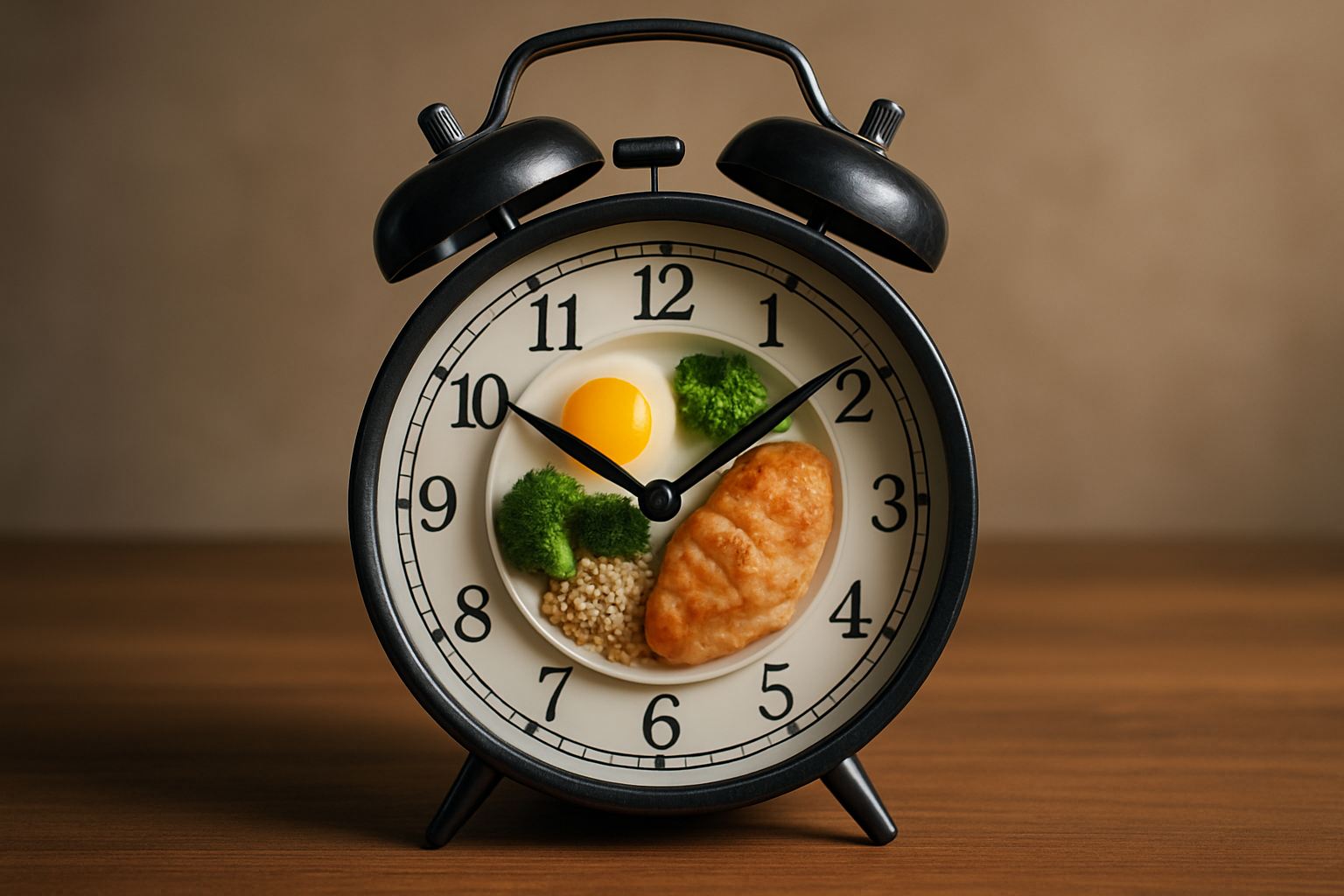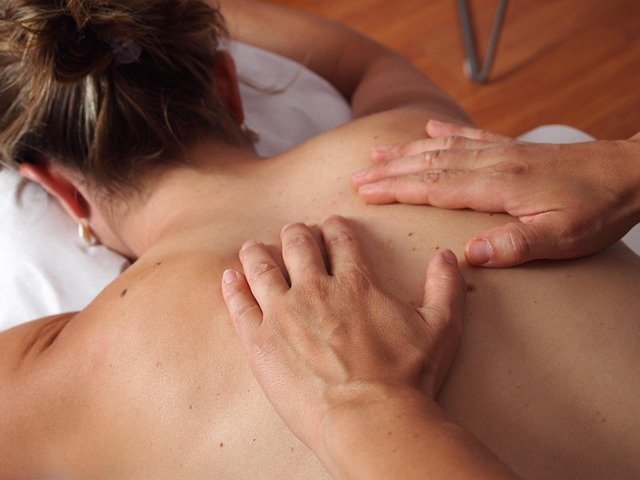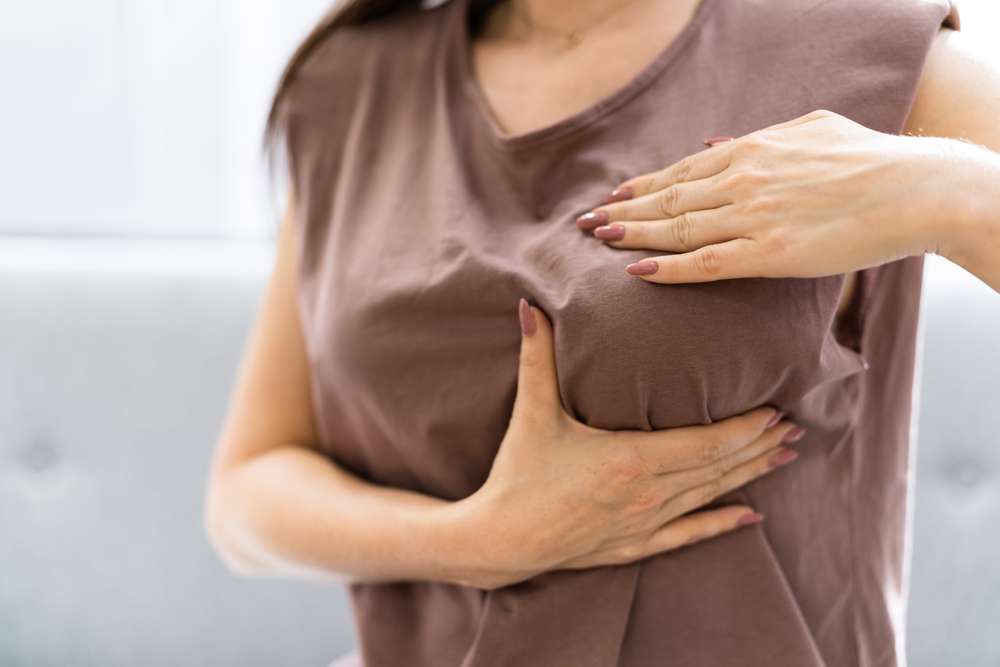Understanding and Enhancing Female Libido: A Comprehensive Exploration
In the quest for enhanced sexual health, many women are on the lookout for the best female libido boosters. Factors such as hormonal changes, stress, and lifestyle can significantly impact a woman's sex drive. To boost female libido, focus on lifestyle adjustments like regular exercise, stress management, and good sleep hygiene. Additionally, a healthy diet, limiting alcohol and smoking, and open communication with a partner about foreplay and new ideas can help. For persistent issues, it is important to consult a doctor to explore other potential causes and treatments, such as hormonal therapy for menopause.

Female libido is a multifaceted aspect of women’s health that encompasses both physical and psychological components. Sexual desire naturally ebbs and flows throughout a woman’s life, influenced by hormones, life stages, relationship dynamics, and overall well-being. While variations in libido are normal, persistent low sexual desire can impact quality of life and relationships, prompting many women to seek understanding and solutions.
Understanding Female Libido and Its Natural Fluctuations
Female libido is regulated by a complex interplay of hormones, particularly estrogen and testosterone. Contrary to popular belief, testosterone plays a significant role in female sexual desire, though women have much lower levels than men. Throughout the menstrual cycle, hormonal fluctuations can cause noticeable changes in sexual interest, with many women experiencing heightened desire during ovulation when fertility is at its peak.
Age-related transitions such as pregnancy, postpartum recovery, perimenopause, and menopause can significantly impact libido. During menopause, declining estrogen levels may lead to vaginal dryness and discomfort during intercourse, while reduced testosterone can diminish sexual desire. Understanding these natural biological rhythms helps normalize the experience and identify when changes might warrant further attention.
Common Factors Affecting Women’s Sexual Desire
Numerous factors beyond hormones can influence female libido. Psychological elements such as stress, anxiety, depression, and poor body image often play crucial roles in diminished sexual desire. The mental load of managing work, household responsibilities, and caregiving duties can leave little energy for intimacy.
Relationship dynamics significantly impact sexual interest. Unresolved conflicts, communication issues, trust concerns, or feeling emotionally disconnected from a partner can dampen desire. Physical health conditions including thyroid disorders, diabetes, and chronic pain can also reduce libido, as can medications like certain antidepressants, blood pressure drugs, and hormonal contraceptives.
Lifestyle factors such as inadequate sleep, poor nutrition, limited physical activity, and substance use may further contribute to low sexual desire. Understanding these diverse influences helps identify personalized approaches to address libido concerns.
Natural Approaches to Enhancing Female Libido
Many women prefer starting with lifestyle modifications to address libido concerns. Regular physical exercise increases energy, improves mood, enhances body image, and stimulates blood flow to the genital region. Stress management techniques such as mindfulness meditation, yoga, and adequate sleep can also positively impact sexual desire.
Nutritional approaches may support sexual health. Foods rich in zinc (oysters, nuts, seeds), L-arginine (salmon, turkey, chickpeas), and antioxidants (berries, dark chocolate) may support circulation and hormone production. Staying well-hydrated and maintaining balanced blood sugar levels through regular meals can provide consistent energy for intimacy.
Communication with partners about desires, preferences, and concerns often yields significant improvements in sexual satisfaction. Exploring new forms of intimacy, engaging in non-sexual touch, and scheduling quality time together can reignite connection. For some women, working with a sex therapist or relationship counselor provides valuable strategies for addressing psychological barriers to desire.
Libido Enhancement Products for Women
The market offers various products designed to address female libido concerns. Lubricants and moisturizers can alleviate vaginal dryness, a common physical barrier to comfortable intimacy. Water-based options are generally safe for most women, while silicone-based varieties provide longer-lasting lubrication. Some products contain ingredients like aloe vera or hyaluronic acid for additional soothing properties.
Arousal oils and gels typically contain ingredients that increase blood flow and sensation, such as L-arginine, menthol, or botanical extracts like damiana or maca. These topical products are applied externally to enhance physical response and sensation. However, quality and effectiveness vary widely, and some women may experience sensitivity to certain ingredients.
Personal devices designed for women’s pleasure can help with sexual exploration and understanding physical response. These tools can be particularly helpful for women experiencing decreased sensation or those wanting to reconnect with their bodies after significant life changes such as childbirth or menopause.
Supplements and Herbal Remedies for Female Libido
Various supplements and herbs have traditional or emerging research supporting their potential benefits for female sexual function. It’s important to approach these options with realistic expectations and awareness of their varying evidence base.
| Supplement | Potential Benefits | Research Support | Considerations |
|---|---|---|---|
| Maca Root | May improve sexual desire and reduce sexual dysfunction | Moderate evidence from several small studies | Generally well-tolerated; may take weeks for effects |
| Tribulus Terrestris | Potentially increases satisfaction and desire | Limited evidence with mixed results | May interact with certain medications |
| Ashwagandha | May reduce stress and support hormone balance | Growing evidence for stress reduction | Avoid during pregnancy; may affect thyroid function |
| Fenugreek | Potentially increases arousal and lubrication | Limited but promising research | May lower blood sugar; avoid during pregnancy |
| Red Clover | Contains compounds similar to estrogen | Limited evidence for menopause symptoms | May interact with hormone medications |
Prices, rates, or cost estimates mentioned in this article are based on the latest available information but may change over time. Independent research is advised before making financial decisions.
When considering supplements, it’s essential to consult with healthcare providers, particularly for women with existing health conditions or those taking medications. Quality varies significantly between products, and supplements aren’t regulated as strictly as pharmaceutical drugs. Look for products from reputable manufacturers that conduct third-party testing for purity and potency.
Medical Approaches and When to Seek Professional Help
When libido concerns significantly impact quality of life or relationships, consulting healthcare providers may be appropriate. Medical professionals can evaluate underlying health conditions, medication side effects, or hormonal imbalances that might contribute to low desire.
For some women, hormone therapy may be recommended, particularly during menopause when estrogen and testosterone levels decline. Options include systemic hormone therapy, vaginal estrogen for local symptoms, or testosterone therapy (though not FDA-approved specifically for women’s sexual dysfunction in the US).
Psychological support through sex therapy or counseling addresses the emotional and relationship aspects of sexual desire. These approaches can be particularly effective when communication issues, past trauma, or body image concerns contribute to libido challenges.
Understanding female libido as a holistic aspect of women’s health—influenced by physical, emotional, and relational factors—allows for comprehensive approaches to enhancement that respect individual needs and preferences. Whether through lifestyle modifications, relationship work, supplements, or medical interventions, many women can find pathways to improved sexual satisfaction and overall well-being.
This article is for informational purposes only and should not be considered medical advice. Please consult a qualified healthcare professional for personalized guidance and treatment.




